
China and Venezuela are moving towards closer ties after years of cooling relations, challenging Washington’s influence in the region. However, this raises concerns about China’s use of “corrosive capital” and debt-trap diplomacy.
Venezuela, China’s largest creditor in Latin America, is suffering from an economic crisis exacerbated by corruption and mismanagement by the Chavista regime. China’s loans and credits have not helped Venezuela’s situation, but have instead deepened the crisis, leading some to question China’s intentions. These credits were taken to make investments in roads, bridges, power plants, railways, food processing factories; however, many were never completed and/or were abandoned. That is to say, an immense debt in exchange for nothing useful for Venezuela,
Perceived as a “benevolent empire,” China has used easy credit terms to exploit countries’ inability to service their debts and reap benefits that would not otherwise be possible. China’s lending practices in Venezuela have been criticized for their lack of transparency, accountability and market orientation, which are hallmarks of Corrosive Capital.
China’s top officials met in Caracas last month to discuss restructuring the country’s long-standing credit line and potential areas for renewed collaboration, including telecommunications and oil.
China became a key lender to Venezuela in 2007, filling an investment and security vacuum caused by Washington’s distancing from Caracas. However, the relationship has deteriorated over the past decade due to the corruption surrounding Chinese projects.
In this sense, the state oil company Petróleos de Venezuela (PDVSA) is carrying out a comprehensive review of the contract after finding billions of dollars in lost oil revenues due to corruption practices.
Estimates of Venezuela’s outstanding debt to China are around $11-12 billion, with the country paying almost 80% of the total it owes through oil. Between 5% and 10% of exports will be used to pay off the debt.
China National Petroleum Corp., a key producer in Venezuela’s Orinoco belt, saw output from its Sinovensa joint venture nearly double to 90,000 barrels a day in early April.
The renewed ties would offer President Nicolás Maduro a powerful ally, which comes at a high price: debt-trap diplomacy, which increasingly ties the Maduro government to the Chinese. Sure, this would bring increased oil sales, and potentially give him more leverage with the US, as Biden tries to bring more crude to market at lower prices for US voters. Furthermore, an improvement in the Venezuelan economy means Maduro would be better prepared to face the 2024 presidential election.
Another sign of closer ties is that the senior Chinese diplomat and former adviser to the Chinese embassy in Venezuela, Lan Hu, has just returned to Caracas as ambassador after four years at the Ministry of Foreign Affairs in Beijing and a stint as ambassador to the neighboring country. Colombia.
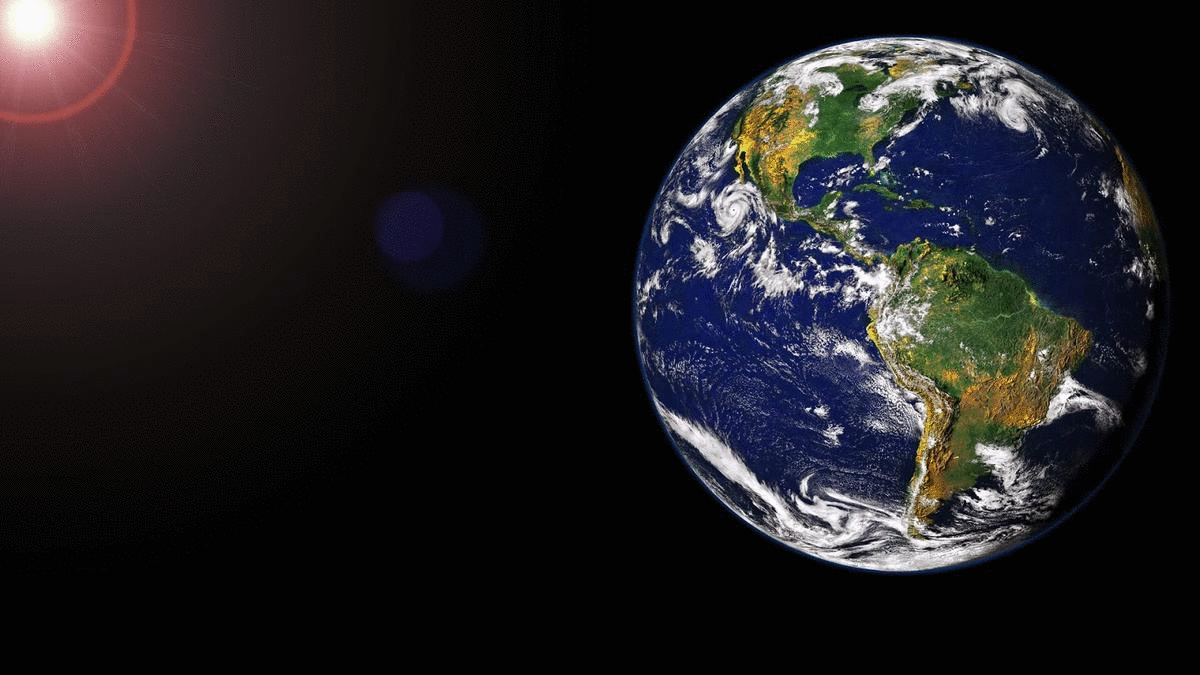
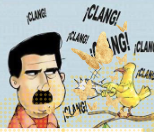
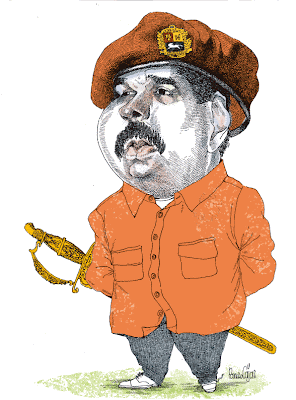
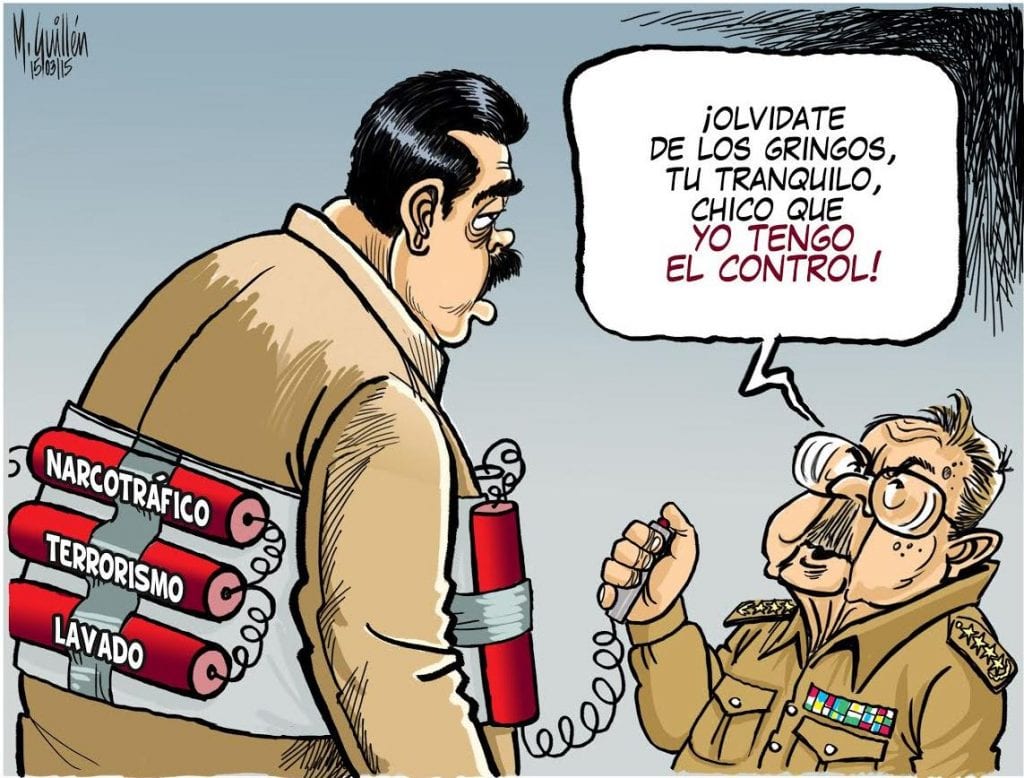
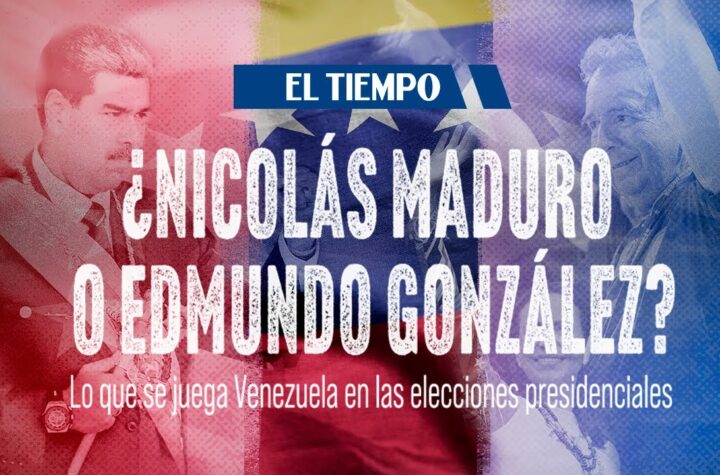
More Stories
How Venezuela’s election could upend the geopolitics of the Americas
James Vance: conexiones con Rusia
Biden made a bold deal with Maduro. Will it pay off?